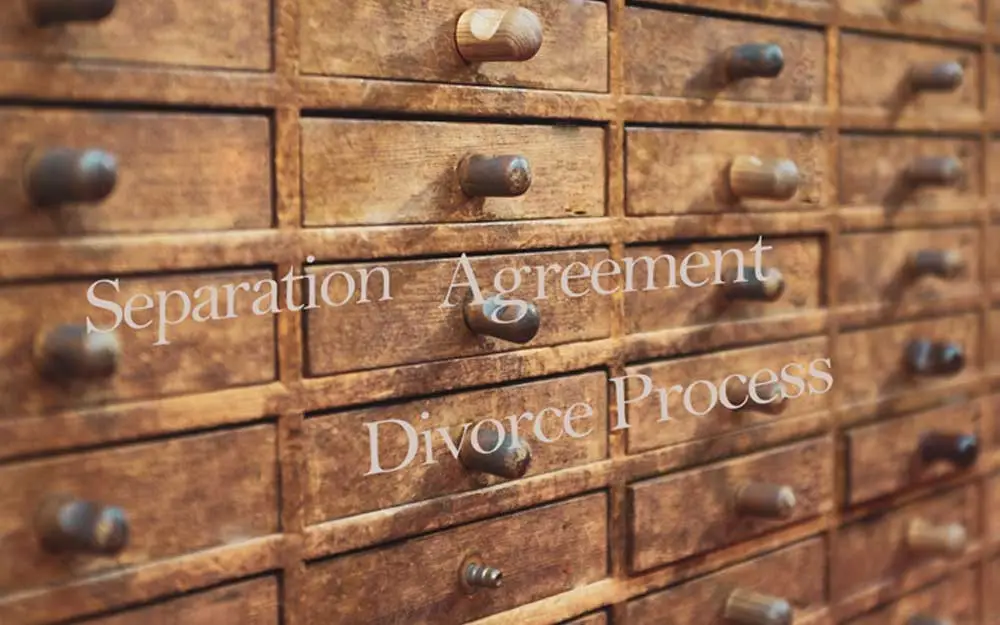Marital Misconduct means any of the following acts that occur during the marriage and prior to or on the date of separation:
- Illicit sexual behavior, which includes acts of sexual or deviate sexual intercourse, deviate sexual acts, or sexual acts voluntarily engaged in with someone other than the other spouse;
- Causing an involuntary separation in consequence of a criminal act;
- Abandoning the other spouse;
- Maliciously turning the other spouse out of doors;
- Cruel and barbarous treatment endangering the life of the other spouse;
- Indignities rendering the condition of the other spouse intolerable and life burdensome;
- Reckless spending of the income of either party, or the destruction, waste, diversion or concealment of assets;
- Excessive use of alcohol or drugs so as to render the condition of the other spouse intolerable and life burdensome;
- Willful failure to provide necessary subsistence according to one’s means and condition so as to render the condition of the other spouse intolerable and life burdensome.
































